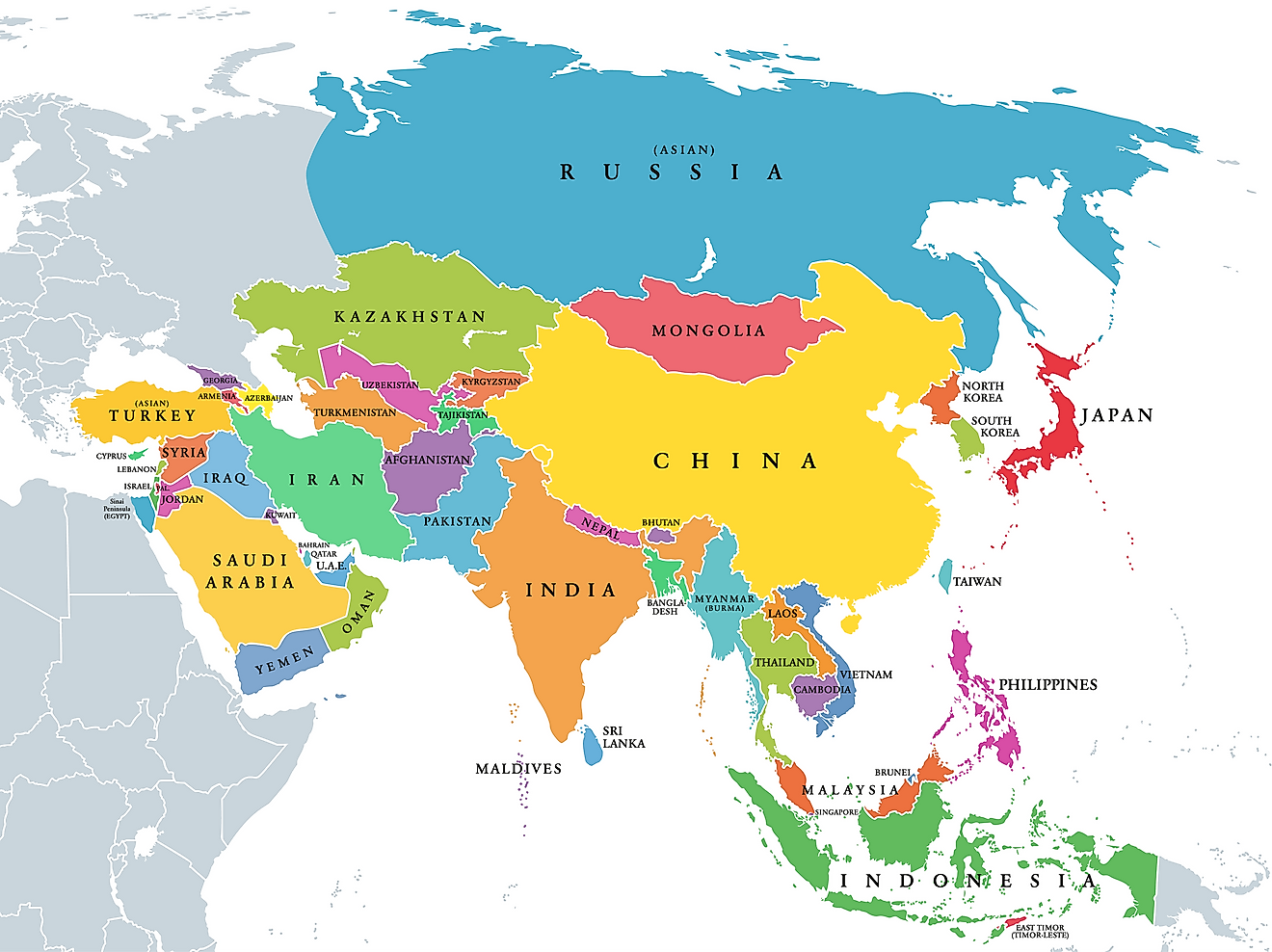What Are The Megaregions Of The United States?

According to a project entitled America 2050 the United States contains eleven so-called megaregions. Conducted by a nonprofit organization known as the Regional Plan Organization established in 1922, America 2050 has identified major population networks located across the United States. These major city groupings are home to approximately 237 million or more US citizens.
1. Arizona Sun Corridor Megaregion
This region is made up of the southern portion of the state of Arizona all the way down to Mexico. Major population centers in this megaregion include Phoenix, Prescott, Tucson, Sierra Vista-Douglas, and Nogales. This megaregion, which is estimated to include 5,517,131 residents, encompasses more than 86% of Arizona’s total population.
2. Cascadia Megaregion
This region is located in the Pacific Northwest portion of the continental US and includes the entire state of Washington along with parts of Oregon, Idaho (particularly the city of Boise), California, Nevada, Wyoming, Montana, and Alaska. The Cascadia Megaregion extends northward into Canada and is bordered to the east by the Cascade Mountains and in the west by the Pacific Ocean.
3. Florida Megaregion
According to the Regional Plan Organization, this region only covers parts of southern Florida. The state's Panhandle, located in the north, along with numerous primarily rural counties in the east are among those areas excluded from this megaregion.
4. Front Range Megaregion
Also referred to as the Front Range Urban Corridor, this megaregion forms an oblong shape which runs from the southern part of Colorado and Wyoming to the Interstate highway 25 corridor into New Mexico and the urban centers of Santa Fe and Albuquerque. The RPA has also designated the Wasatch Front area of Utah as part of this region. The Front Range Megaregion is home to approximately 5,500,000 Americans.
5. Great Lakes Megaregion
Extending into portions of Canadian provinces of Ontario and Quebec to the north, this megaregion stretches from the US Midwest to the states bordering the Great Lakes and northeast to Pennsylvania and New York. With an estimated population of 59,144,461 this region includes several major American cities including Detroit, Chicago, Buffalo, and Pittsburgh.
6. Gulf Coast Megaregion
This region is composed of the urban areas of Matamoros–Brownsville and Reynosa–McAllen which are both geographically situated on either side of the international border separating the US state of Texas and Mexico.
7. Northeast Megaregion
Also referred to as the Boston-Washington corridor, this megaregion includes many of the largest urban centers in the nation. Included in this megaregion are the cities of Boston, New York City, Washington, D.C., and Philadelphia. In total it’s estimated that the Northeast Megaregion is home to a population of 52,332,123 people.
8. Northern California Megaregion
This region includes the California cities of San Francisco, Oakland, San Jose, and Sacramento and includes a total of 12,594,831 residents. The Regional Plan Association also includes Nevada’s Reno–Tahoe area in this megaregion.
9. Piedmont Atlantic Megaregion
Located in the southwestern US, this megaregion, which is made up of over 243,000 square miles, includes the cities of Atlanta, Georgia, Charlotte and the Raleigh-Durham area in North Carolina, as well as Memphis and Nashville in Tennessee.
10. Southern California Megaregion
This region encompasses eight to ten counties and includes such populous California counties as Los Angeles, Orange, Riverside, San Bernardino, San Diego, and Santa Barbara. The RPA also includes the Las Vegas Valley and Mexican city of Tijuana in this megaregion.
11. Texas Triangle Megaregion
This region is composed of the Texan cities of Austin, Houston, San Antonio, and Dallas-Fort Worth. With a population estimate of 17,745,584 residents, the RPA also includes the Oklahoma City–Tulsa Metropolitan Corridor as part of this megaregion.











